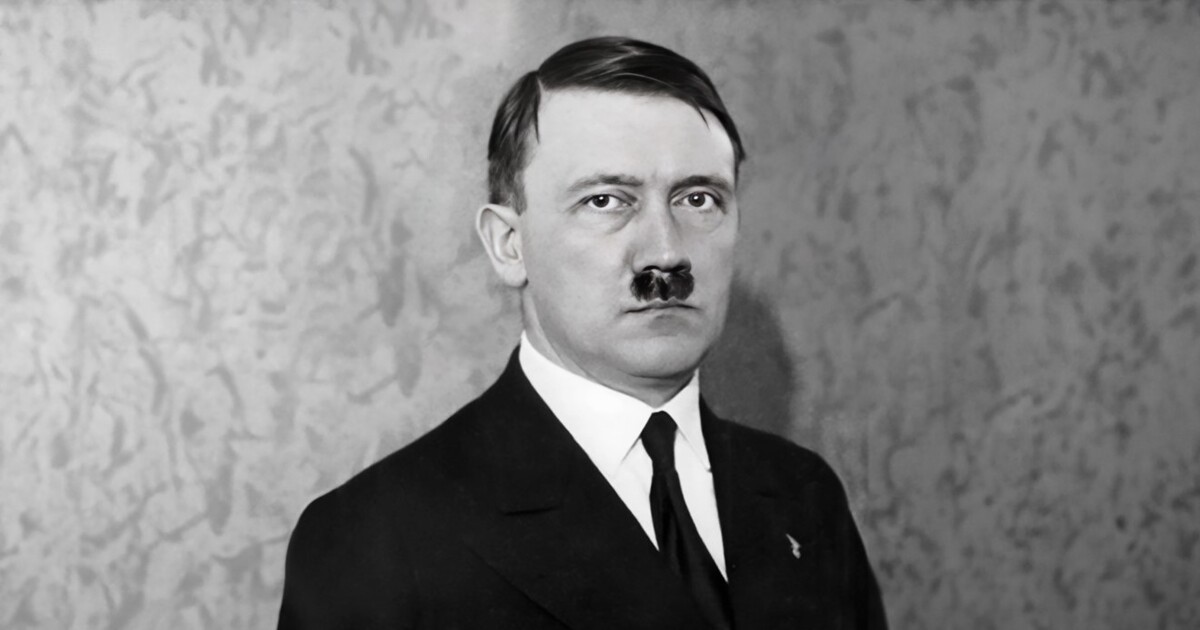Germany’s Past: From Shame to Fascination?
Not long ago, Germans shunned their country’s past. Now, they are far more open-eyed.
March 18, 2017

Adolf Hitler, the Third Reich and the Second World War – what the Germans regard as the “dark matter” historically – have been an enduring source of global fascination. Traditionally, this fascination has manifested itself most prominently in the UK and the United States.
Germany proved the exception. Although there have always been individuals and groups enamoured with Hitler and the Third Reich, broader sections of German society – after initially disowning that past, to the point of making it a taboo – felt great embarrassment about it all.
There has, of course, been widespread public interest in sensational aspects of the Nazi era, such as the forged Hitler diaries in the 1980s. However, Hitler’s diaries were – or rather would have been – a once-in-a-lifetime discovery.
Part of a larger cultural trend
That there is a cultural change can be seen by how Germany’s mainstream entertainment media portrays the country’s history. A milestone in this regard was Oliver Hirschbiegel’s 2004 film Downfall (Der Untergang).
This film for the first time dispensed with the cliché of Hitler as a raving monster and portrayed him as a human being (and a raving monster).
Giving Hitler a more human face, a performance by Swiss actor Bruno Ganz – who spent several months studying Parkinson’s disease patients to prepare for the role – in turn, gave a German audience a much grayer look at the most black and white aspect of their history.
From apologizing to exploring
More recently, the 2013 mini-series Generation War (Unsere Mütter, Unsere Väter) continued this approach.
The TV series presented a much more morally ambiguous take on the butchery of the Eastern Front that marked Hitler’s war of annihilation against the Soviet Union.
The major finding? Human beings, not drugged or brainwashed robots, carried out the killing. People like our own forefathers, that is.
Again, there are historical precedents to this, such as Bernhard Wicki’s 1959 film The Bridge (Die Brücke), and Wolfgang Peterson’s groundbreaking 1981 film Das Boot. However, at the time these films stood out for a reason – they were exceptions.
What is undeniable is that Germany is now spending considerable time exploring its past, rather than just apologizing for it. This is by no means a negative thing as long as one thing is kept in mind: There is a thin line between fascination and glorification.
“Nazination”: harmless or dangerous?
This cultural phenomenon of fascination with anything Nazi could be termed “Nazination.” Nazination in Germany is indicative of a new generation coming to the fore – cosmopolitan, bilingual and tech-savvy German Millennials, who do not feel bound by their grandparents’ legacy – or their guilt.
And why should they be? Why should they not be able to buy any book they want, or watch historical films that do not insult their intelligence with their one-sidedness? It is the twenty-first century, after all.
From this perspective, dealing with the past is healthy, and a certain degree of Nazination is harmless.
Watch the political context
However, within the context of the general rise of the far-right in Germany – and indeed across Europe – there is a risk of the two phenomena meshing and forming something much less benign.
A rebranded, more socially acceptable Nazism – almost a bit trendy, cool and, in some cases, even glamorous – is risky business.
That is especially so if a political party (the AfD) uses core tenets of race and nationalism to woo those who see in these categories the answer to their perception of a Germany that is losing its identity in the face of immigration.
One sign is this: Dangerous words, not far removed from those of the past, are slowly creeping back into acceptable, mainstream political discourse with greater ease – and the voices uttering them are getting louder.
Having a healthy relationship with the past is good as long as its lessons are not forgotten. Otherwise, we are doomed endlessly to repeat the same mistakes. In Germany’s case, it is doubly important to live up to this dual standard.
